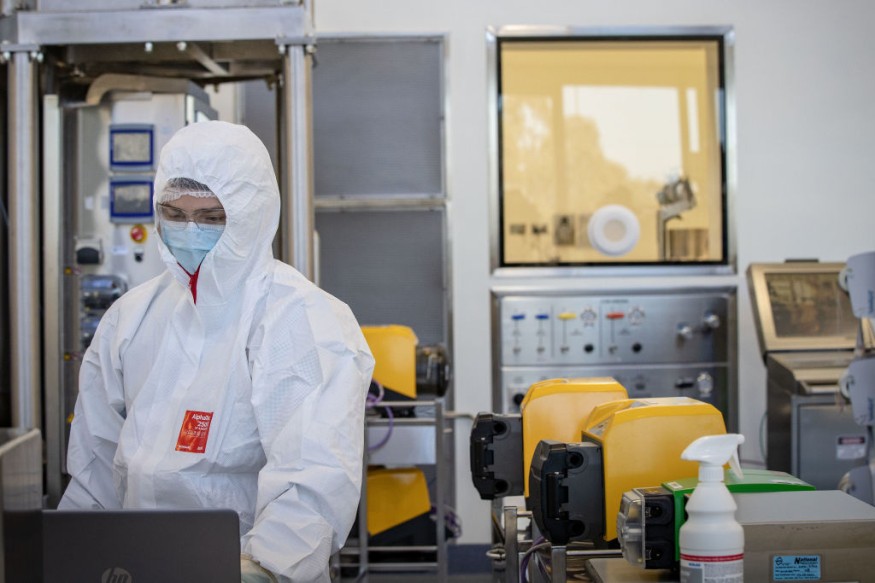With reports that the University of Queensland/CSL vaccine will not move through more clinical testing, Australia's dreams of a locally produced Covid-19 vaccine were shattered.
There were no safety issues with the UQ/CSL vaccine, unlike reports about the Pfizer/BioNTech Covid-19 vaccine days ago.
According to a report by The Guardian, CSL noted that the participants in the Phase 1 experiment got "false positive" HIV test results. They were not afflicted with HIV nor did the whole HI virus include the vaccine.
Instead, the "molecular clamp" technology signature of the vaccine was formulated with sections of an HIV protein. This induced the development of antibodies when administered, which were obtained in several HIV experiments.
In other terms, if the vaccination had been commonly carried out when they did not, this might cause certain persons to believe they had HIV.
The news caused the federal government to declare that it had terminated its deal to include the UQ/CSL vaccine, which was already dependent on clinical studies that were effectively performed.
Instead, further doses of other vaccinations, including 20 million extra doses of the University of Oxford/AstraZeneca vaccine, to be produced by CSL, will be given by the government.
The Oxford/AstraZeneca Covid-19 vaccine is the very first major landmark, with reported peer-reviewed findings from Phase 3 clinical trials.
Australians are expected to receive Pfizer/BioNTech and Novavax vaccines, as well as the Oxford/AstraZeneca vaccine, should they be proven safe and reliable. That's as well as the vaccinations offered under the Covax agreement endorsed by the World Health Organisation.

How does a vaccination against Covid-19 contribute to a positive HIV test?
To avoid the coronavirus spike protein from wobbling, the UQ/CSL uses molecular clamp for their vaccine. It is more plausible that this more secure appearance would contribute to a defensive immunity.
In the UQ vaccine, the molecular clamp includes part of an HIV antigen, a series of 80 amino acids. This is innocuous by itself and does not cause AIDS or HIV infection.
Although there was still a potential risk that people's immune systems might identify it as "foreign" if administered as part of the vaccine formulation and raise antibodies against it.
It is obvious, however that the HIV protein fragment in the molecular clamp has been identified by people's immune systems.
We may have had several more "false positive" HIV studies had the vaccination been carried out on a larger scale. Although people wanted more clarity on their HIV status, this would have implied needless fear.
It may also have compromised the public's confidence in the vaccine system for Covid-19.
While the vaccination gained value against the latest coronavirus and there was no risk of HIV transmission, DW said the tests were stopped because of concerns that it could weaken public trust in vaccines, said Department of Health Secretary Brendan Murphy.
One of the four applicants contracted by the government of Australia was the vaccine, DW reported. The deal had been developed to secure 51 million vaccine doses, and by mid-2021, the government had anticipated that inoculations would be usable.
CSL switches to producing rival vaccines
The vaccine manufacturers said they will now generate an additional 20 million doses of the Oxford-AstraZeneca-developed vaccine instead. This is on top of the 30 million doses for the British developers it is now making.
Australia already has a deal with BioNTech-Pfizer, which is scheduled to be authorised by the country's regulator by January 2021, for 10 million doses of its vaccine.
With a population of about 25 million people, since the beginning of the pandemic, Australia has reported around 28,000 cases of coronavirus. It has secured 140 million vaccine units so far, one of the world's largest ratios of vaccine buying-to-population, officials said.
Check out more news and information on COVID-19 on Science Times.
© 2026 ScienceTimes.com All rights reserved. Do not reproduce without permission. The window to the world of Science Times.












